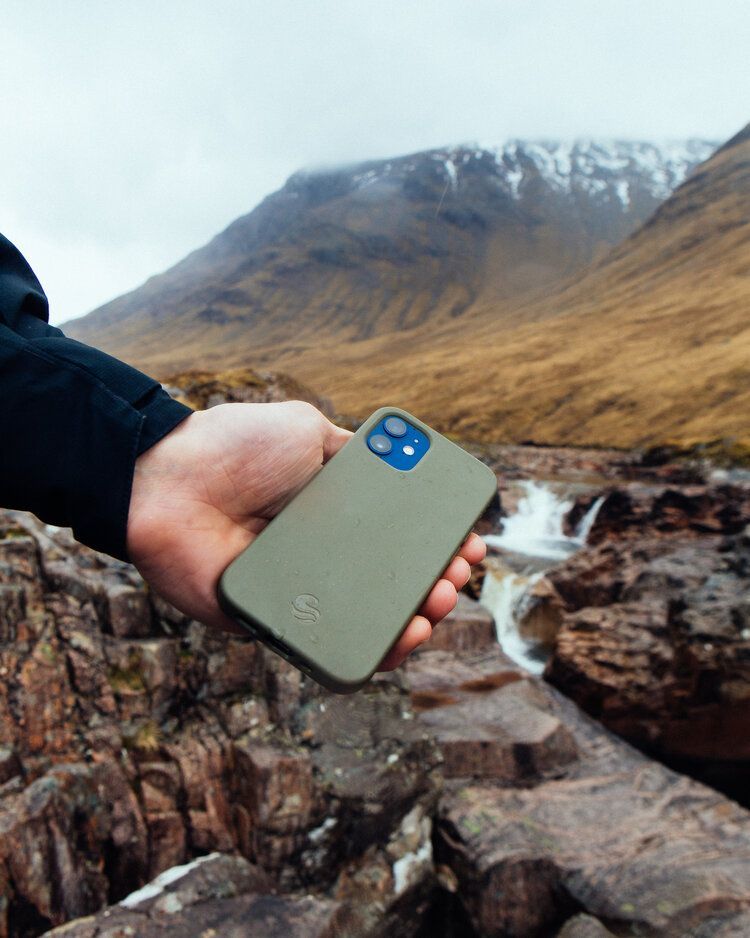
New World, New Habits: Wave Answers Your Questions
Thursday 4th November, 2021At Wave, our aim is to encourage the change we want to see in the world, one biodegradable phone case at a time, so when we heard about Unblocktober running for another year, we couldn’t help but show our support for this amazing campaign.
As experts in providing eco-friendly alternatives when it comes to your phone, card holder or drinks bottle, we are also keen to share other tips on how you can make small changes to help our sewers and seas.
So, to celebrate Unblocktober, we’ve answered some of the most searched questions regarding eco-friendly swaps for items that are big issues when it comes to our drains and oceans.
Read on to find out more.
What is a menstrual cup?
With a 90% increase in google searches for ‘what is a menstrual cup’ over the past 12 months, it’s evident that women are becoming increasingly curious about alternative sanitary products that are more environmentally-friendly.
A recent study found that nearly 2 billion sanitary items are flushed down Britain’s drains every year, causing detrimental blockages, which in turn, pollutes our waters. Furthermore, a lot of plastic is used in the production of tampons and sanitary towels, contributing to the plastic crisis the world is already trying to fight against.
A menstrual cup is a reusable feminine hygiene product that is used in a similar way to a tampon, but instead of flushing it down the toilet, you simply wash it out and reuse it. Not only is it cheaper in the long run, but it’s also better for the environment and is a great small habit to get into to help reduce drain blockages and pollution.
Why use reusable face masks?
Since the outbreak of the Coronavirus pandemic, face masks have become an essential item we wear every day. The world has gone from a small number of people wearing them to the vast majority across the globe, and with that, disposable waste has increased.
So, why should we choose reusable face masks over disposable ones?
Before the pandemic, plastic straws were at the forefront of any environmental debate,and now the new target has shifted towards disposable face masks. With new research from Swansea University finding possible evidence that these face masks are releasing nano-plastics and pollution into the environment, it’s more important than ever to make the switch to reusable alternatives.
By choosing to wear a reusable face mask, it helps to reduce the amount of disposable waste ending up in our oceans, drains and landfills. With such a wide range of disposable PPE being used daily by health professionals alone, it seems even more necessary for those who can wear reusable face masks to wear them, to help reduce the overall amount of disposable waste that is contributing negatively to the environment.
Are biodegradable wipes better for the environment?
The simple answer: yes.
According to research by Northumbrian Water, around 60% of sewer blockages are caused by wet wipes in the North East alone. They contribute to causing fatbergs and the fact they almost never disintegrate creates a big problem for the environment.
With biodegradable wipes, you can safely dispose of them in a compostable bin and have peace of mind that they will naturally biodegrade within 42 days, disappearing without harming the planet… or causing any nasty drain blockages!
These are just a few of the small changes you can make to help do your bit for the planet, and at Wave, we offer a range of eco-friendly phone cases just for you, so you can protect your phone whilst protecting the planet.

